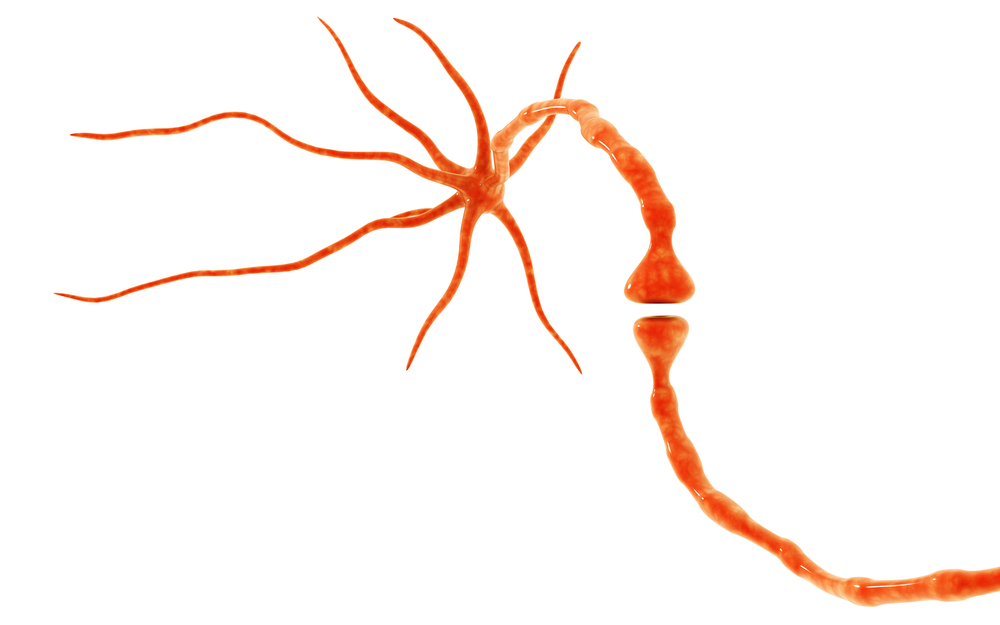Neurons in Multiple Sclerosis Patients May be Protected by Vitamin D
Written by |

A new study from Sweden indicates that vitamin D could help protect nerve cells (neurons) in multiple sclerosis (MS). The report, titled “Vitamin D and axonal injury in multiple sclerosis,“ was published on October 13, 2015, in the Multiple Sclerosis Journal.
Scientists have demonstrated, in some studies, that high levels of vitamin D may be associated with decreased inflammation in MS, while others have failed to measure this effect. Inflammation is a reaction to bodily injury that may be over-activated in people with MS, and which may cause damage to axons, the part of neurons that allow them to connect and form circuits. A recent study of people with relapsing-remitting multiple sclerosis (RRMS) found that high-dose oral vitamin D3 supplementation did not influence markers of inflammation. Other studies have supported the anti-inflammatory effects of vitamin D on MS, but indicate that benefits may depend on the developmental stage at which the vitamin is given.
The researchers, led by Dr. Linda Sandberg of the Department of Pharmacology and Clinical Neuroscience, Section of Neurology, Umeå University, Sweden, wanted to know whether elevated serum 25(OH)D levels decrease injury to axons in people with MS. Serum 25(OH)D levels indicate how much vitamin D is available in the body. The team measured neurofilament light (NFL), a known marker for axonal injury, in the cerebrospinal fluid (CSF).
The team enrolled study subjects at the Department of Neurology in Umeå University Hospital and performed several tests, including a blood draw, magnetic resonance imaging, scoring of disability, and lumbar puncture (spinal tap) in 153 patients at the start of the study, and 12 months later in 87 study subjects. The investigators analyzed several biological markers, including serum 25(OH)D levels and CSF-NFL, by using a test called enzyme-linked immunosorbent assay (ELISA).
EXCLUSIVE: Genentech/Roche Interview with MS News Today on Promising MS Therapy Ocrelizumab
As serum 25(OH)D went up, levels of CSF-NFL were found to decrease. This was a statistically significant effect, indicating that increases in available vitamin D correspond to decreases in a marker for axonal damage.
In their study report, the investigators noted that “High 25(OH)D levels are associated with decreased axonal injury in MS.”
The study provides further support for the beneficial effects of vitamin D in MS, but further research is necessary to clarify the controversy surrounding the vitamin. Careful attention to the design of studies of vitamin D and MS may also help to determine when the vitamin is most beneficial to patients with the disease.


